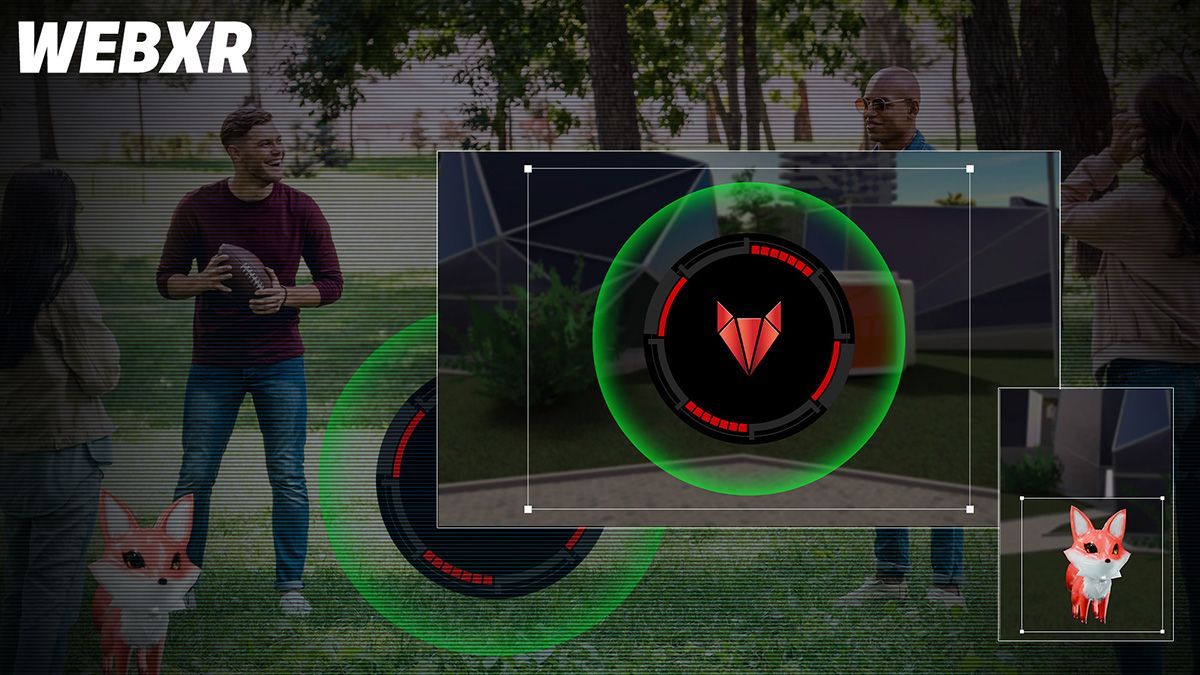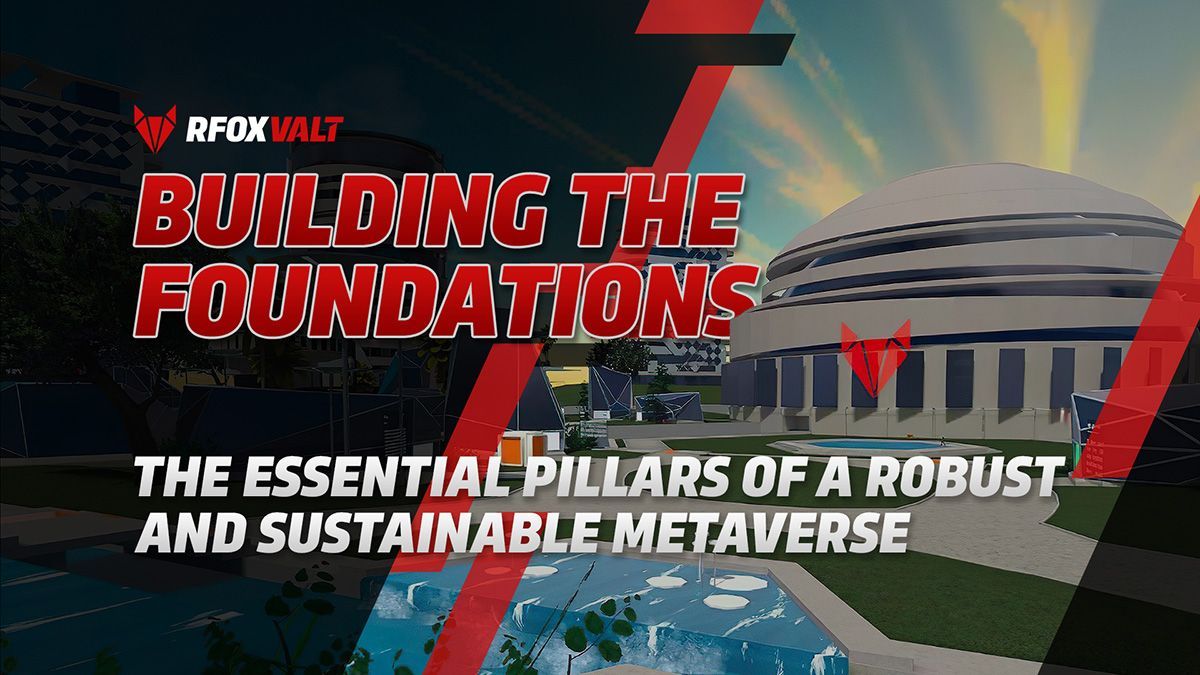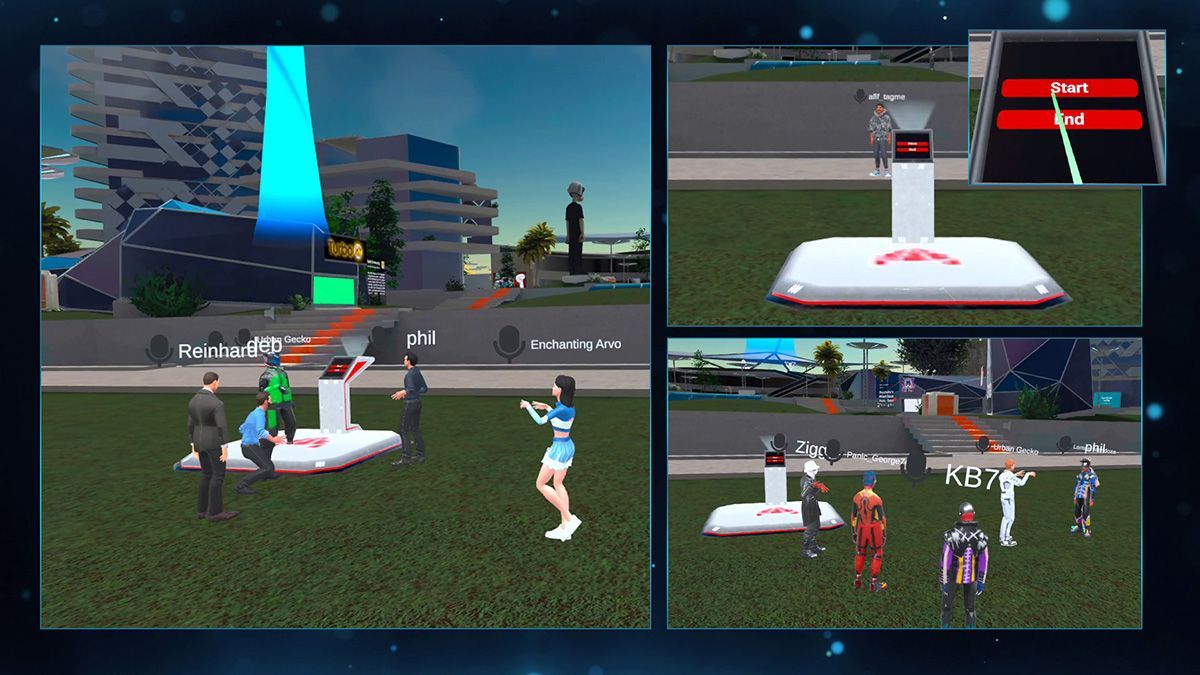Importance of Building a Decentralised Metaverse: 6 Key Factors

The pursuit of the metaverse is in full swing and builders of the metaverse face numerous considerations as they construct these intricate and groundbreaking ecosystems. The choice between decentralization and centralization is a significant factor, impacting not only the platform itself but also carrying broader implications for humankind such as how we use technology, how we socialise, global culture, our way of life, and overall freedoms.
Decentralization is important to metaverse users for several reasons:
1. User Empowerment: Decentralization allows users to have more control over their virtual experiences. In a decentralized metaverse, users have ownership and control over their data, assets, and identities. They can freely interact with others, create and customize content, and retain the value they generate within the metaverse.
2. Privacy and Security: Decentralization enhances privacy and security for metaverse users. With decentralized systems, user data is not concentrated in a single central authority, reducing the risk of large-scale data breaches or unauthorized access. Users can choose how their personal information is shared, minimizing the exposure of sensitive data.
3. Censorship Resistance: In a decentralized metaverse, there is less susceptibility to censorship or arbitrary control. Traditional centralized platforms can impose restrictions on content, limit user expression, or selectively enforce policies. In a decentralized metaverse, the governance and decision-making processes are distributed, ensuring more open participation without politicization.
4. Interoperability and Open Standards: Decentralization fosters interoperability and the use of open standards. It allows different virtual worlds, platforms, and applications to connect and interact seamlessly. Users can move their assets and identities across different parts of the metaverse, promoting a more interconnected and diverse ecosystem.
5. Economic Opportunities: Decentralization enables new economic models and opportunities within the metaverse. Users can earn and trade digital assets, participate in virtual economies, and monetize their skills and creations. Decentralized finance (DeFi) principles can be applied, allowing for peer-to-peer transactions and removing intermediaries, fostering a more equitable and accessible economic landscape.
6. Community Governance: Decentralized metaverses empower users to participate in the decision-making processes that shape the metaverse's rules, policies, and development. Through decentralized governance mechanisms, users can have a voice in determining the direction and evolution of the metaverse, ensuring that it aligns with their collective interests and values.
Overall, decentralization in the metaverse promotes user autonomy, privacy, security, and participation. It creates a more inclusive, diverse, and user-centric virtual environment where individuals can freely express themselves, collaborate, and explore new possibilities. Although complete decentralization of metaverse infrastructure may not be feasible for all elements, it is crucial to maximize its utilization wherever possible.
RFOX welcomes discussions about building your metaverse. Please reach out to us at [email protected].



